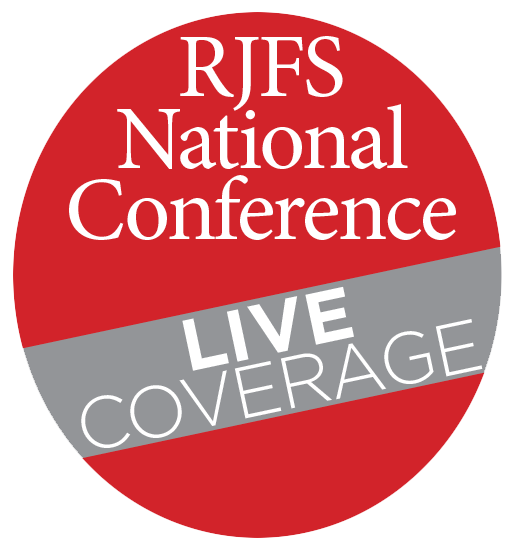After Raymond James agreed to pay back clients who were wrongly sold more expensive classes of mutual funds, the firm made good on its promise, sending out checks to clients this week.
The firm is continuing to clean up from the mutual fund issues it disclosed earlier this year. In February, the firm backtracked from previously stated plans to require its advisors to pay the rebates to clients who were incorrectly sold more expensive classes of mutual funds over the past five years.
The rebates are due on some mutual funds that waive their upfront sales charges for Class A shares sold to charities or within retirement accounts. Class A shares generally have lower management fees than Class B or C shares, but charge a front-end sales load. The mutual funds offered on the Raymond James' platform disclosed these waivers on their prospectuses. But according to the firm’s initial notice, many advisors failed to waive the fee, or they purchased Class C shares within these client accounts.
 Rebate checks are being mailed this week to clients with closed accounts. Current clients will have the rebates automatically deposited into their accounts, firm spokeswoman Anthea Penrose said.
Rebate checks are being mailed this week to clients with closed accounts. Current clients will have the rebates automatically deposited into their accounts, firm spokeswoman Anthea Penrose said.
“After they fixed the language in the client letter, everything went more smoothly,” says one Raymond James advisor involved, speaking on the condition of anonymity. Several of clients have opted out, but that's the minority, the advisor said, calling the choice for clients “an easy decision.”
The firm previously disclosed a $10.5 million adjustment in relation to costs associated with the mutual fund issues for its first fiscal quarter, but Raymond James Financial Services President Scott Curtis said at the firm's national conference in Las Vegas that figure is likely to be updated now that the firm is taking responsibility for all rebates. He added details would likely be disclosed in Wednesday’s earnings release.
Raymond James also is continuing to update its mutual fund order system to address the waiver issues. While some of the problems have been resolved, some advisors still have to phone in mutual fund orders when questions around this issue occur. The process is ongoing, Curtis said.
“We’ve made changes and we have more changes to make,” Curtis said, adding that programming the system is difficult when the prospectus language itself is nebulous. “We’ve been in pretty active communication with the fund companies regarding the language in the prospectuses and how we’re supposed to interpret it.
“This is really a call to action by the industry, not just Raymond James, but whole broker/dealer industry to the fund companies' guys, we’re being held to a standard that’s really difficult for us to meet because the language in your prospectuses isn’t clear,” Curtis said.
Update April 22, 2015: The article has been corrected to reflect that Curtis noted only the $10.5 million cost figure to the firm is likely to be updated, not necessarily increased, in Wednesday's earnings.





